Positive Side of Fake IDs: A Different Perspective
Positive Side of Fake IDs: A Different Perspective
When you hear the term “fake ID,” your mind may not immediately conjure up vivid stories behind its use. Instead, let’s explore the multifaceted role of fake IDs, specifically its potential to shape young people’s lives in unique and meaningful ways. From stimulating social experiences to fostering personal growth, using fake IDs offers opportunities worth discussing.
A Gateway to Social Experiences
For many young people, especially those under the legal drinking age, a fake ID in Florida is a golden ticket to a world of social experiences that are essential to their personal development. Imagine: a lively party filled with laughter, music reverberating through the crowd, and friendships forged in shared moments. For these young people, having a fake ID can turn an ordinary night out into an unforgettable adventure.
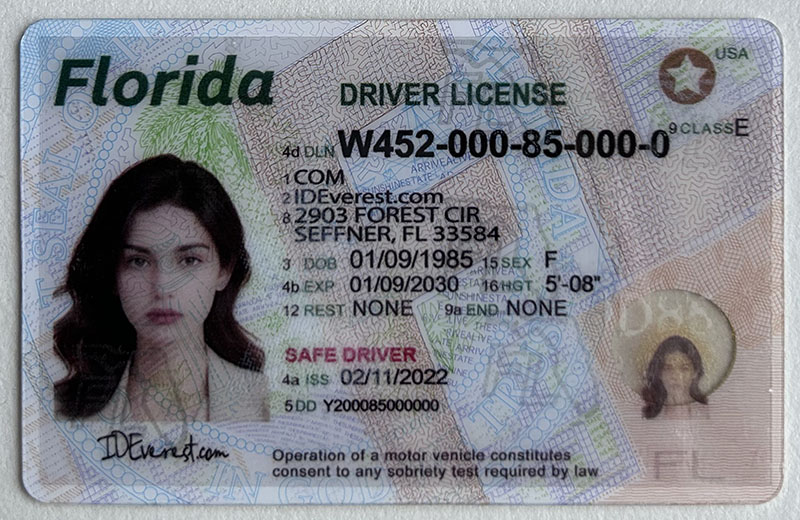
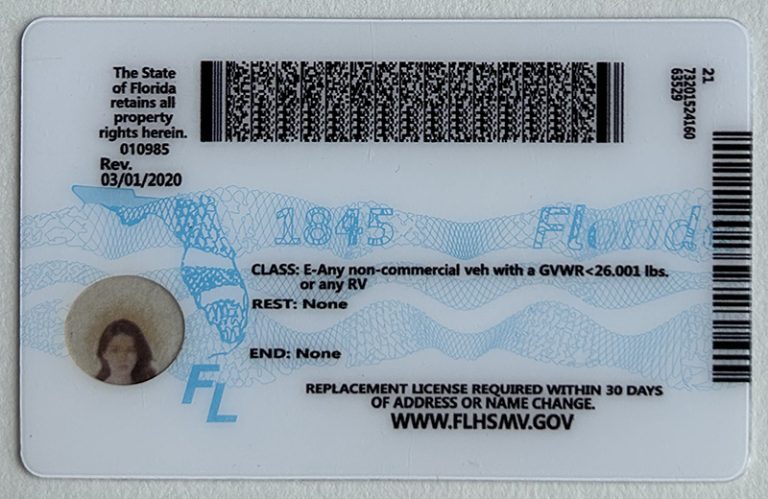
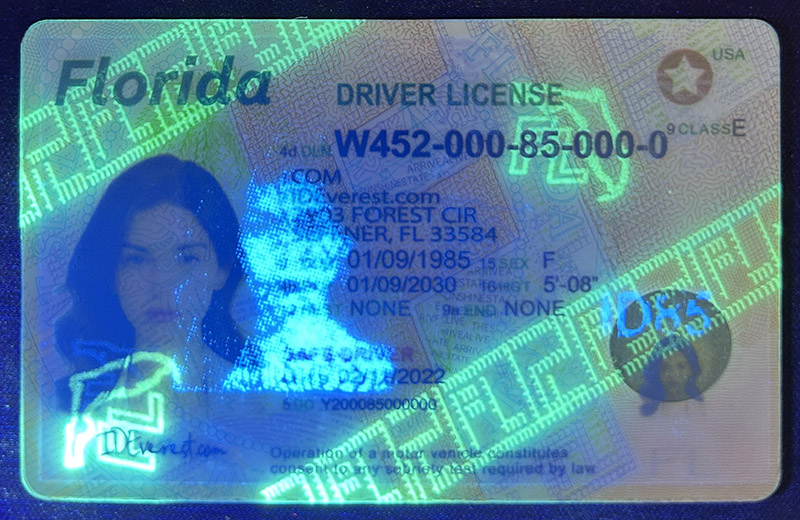
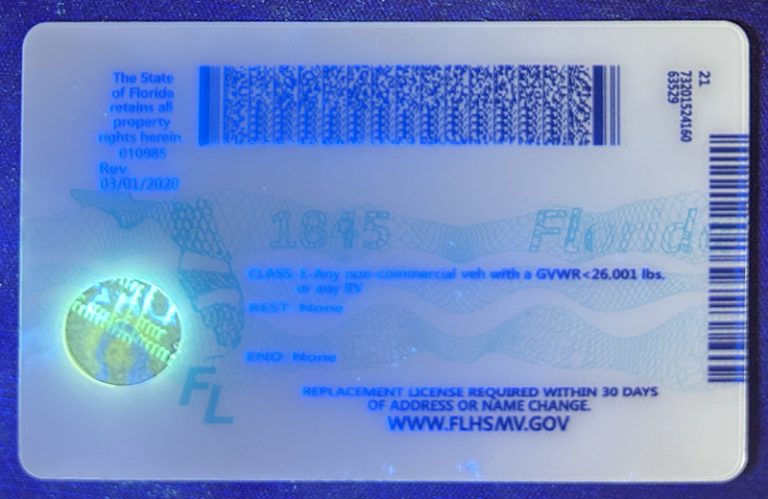
Participating in social activities, such as attending a lively party or visiting a trendy bar, allows young people to improve their social skills. They learn how to connect with different groups, lead conversations, and build relationships that may last a lifetime. Studies show that about 30% of young people have used a fake ID to purchase alcoholic beverages, which shows how common this practice is and how it enriches social experiences.
Connecting Stories
Take Sarah, a college freshman who initially felt out of place in college. She and her friends decided to create fake IDs and experience the nightlife together. Their first night was filled with laughter, shared drinks, and stories that solidified their relationships. By the end of the night, they were more than just friends, they were a close-knit group navigating the complexities of young adult life together.
These moments of camaraderie are priceless. They help foster a sense of belonging and community, which is crucial during a formative period when young people are groping for their identities. Friendships formed in these dynamic environments often become a network of support as they navigate life’s ups and downs.
Encourage Responsibility and Resourcefulness
The process of obtaining and using a Texas Scannable ID often requires a unique combination of resourcefulness and creativity. Young people navigating this world develop valuable life skills, such as problem solving, negotiation, and risk assessment. The thrill of exploration—whether it’s figuring out how to create a convincing ID or planning a night out—cultivates independence and responsibility.
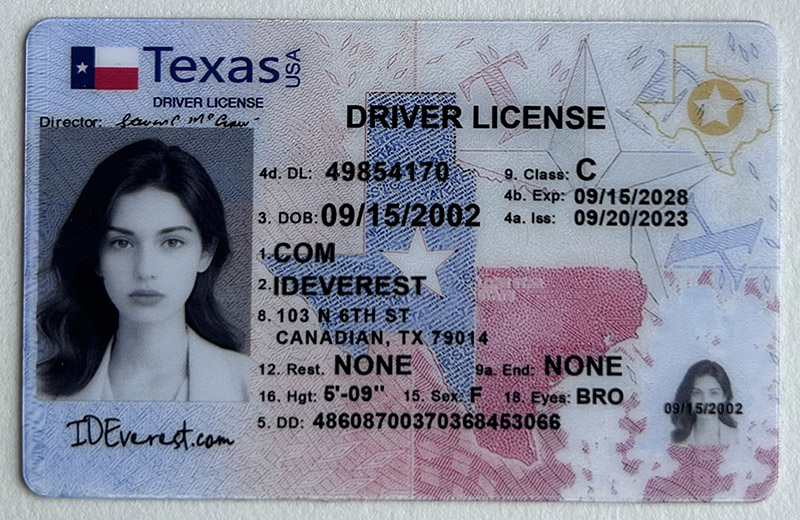
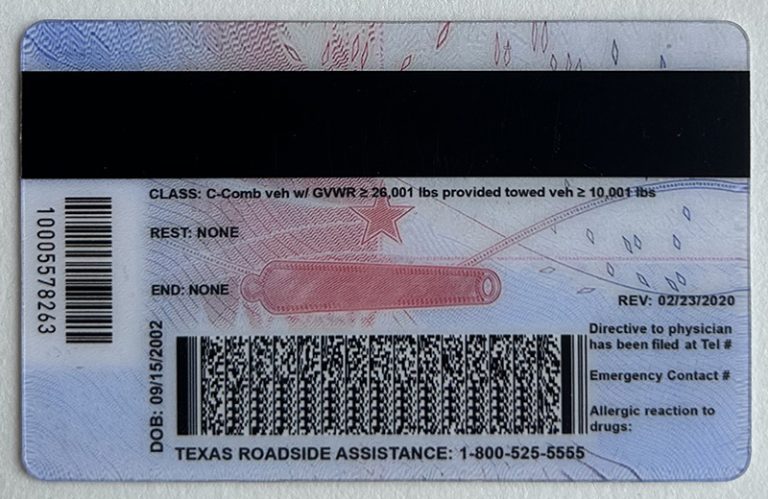
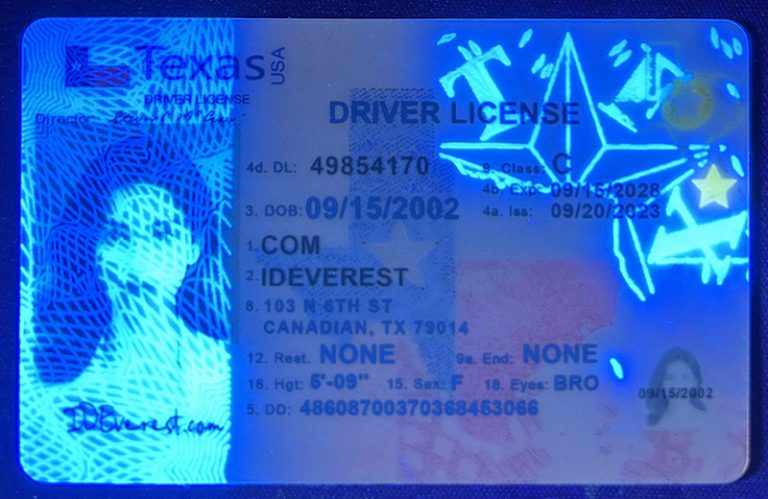
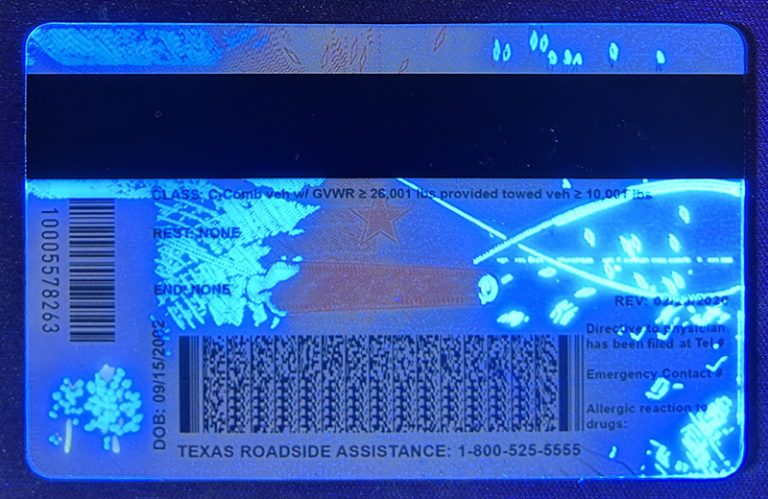
Consider Jack, who learned the art of negotiation as he convinced a bouncer to let him and his friends into a club. Not only did he enjoy a great party that night; he also gained confidence in his ability to navigate social situations. These skills, acquired through unconventional means, will be of great help in all aspects of their lives, from future job interviews to personal relationships.
Catalyst for Change in Alcohol Laws
The widespread use of fake IDs in North Carolina has sparked an important discussion about the legal drinking age and alcohol regulations in the United States. As young people advocate for changes to these laws, their experiences with fake IDs reveal a disconnect between legislation and the realities of youth culture.
Imagine a lively discussion on a college campus, where students come together to debate the impact of current laws. This kind of grassroots activism fosters a sense of autonomy in young people, empowering them to voice their opinions and challenge social norms. Their experiences with fake IDs can be a catalyst for conversations that push legislators to rethink outdated policies and consider more progressive approaches to drinking.
Advocate for Responsible Change
Such conversations may lead to a more comprehensive understanding of responsible drinking and legal age limits. Young people can advocate for changes focused on education and awareness, thereby promoting healthier conversations about drinking. By focusing on responsible consumption and education, these young advocates can help shape a future where legal frameworks are more closely aligned with the realities of youth culture.
Building Lasting Connections
Beyond the immediate social benefits, experiences surrounding fake IDs in California can foster lasting connections between young people. Shared moments of adventure—whether sneaking into a club or bonding over a successful night out—create memories that solidify friendships. These connections often transcend the initial circumstances in which they are formed, leading to deep and meaningful relationships.
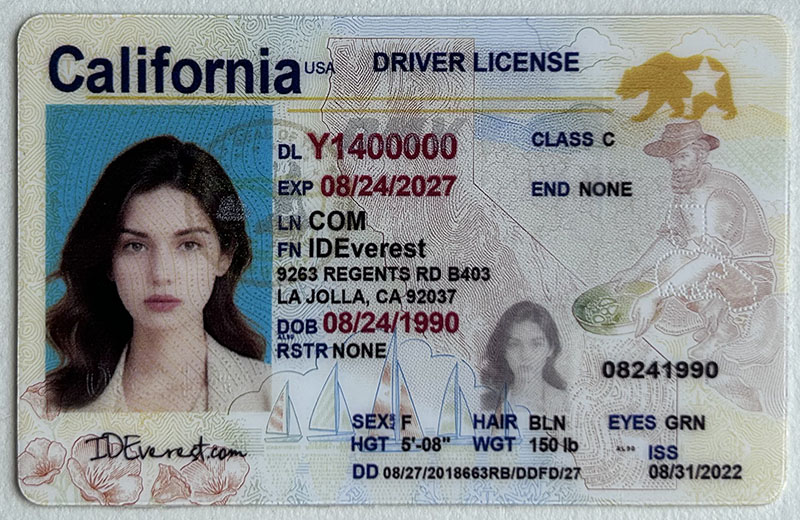
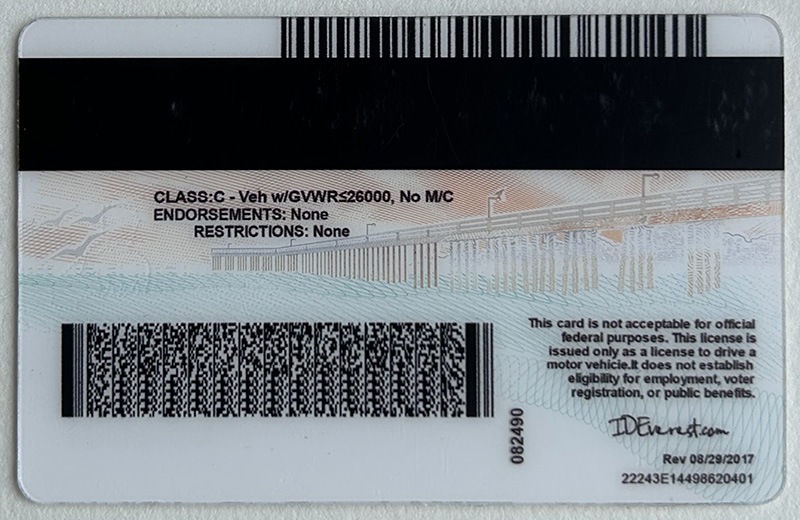
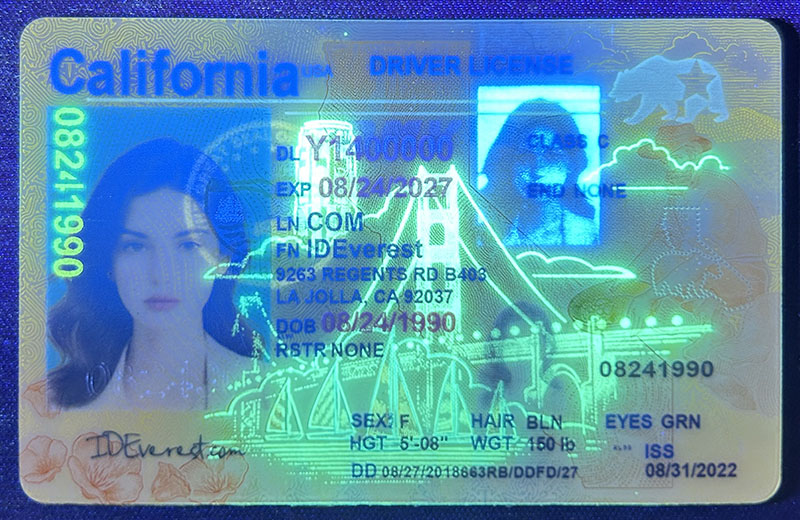
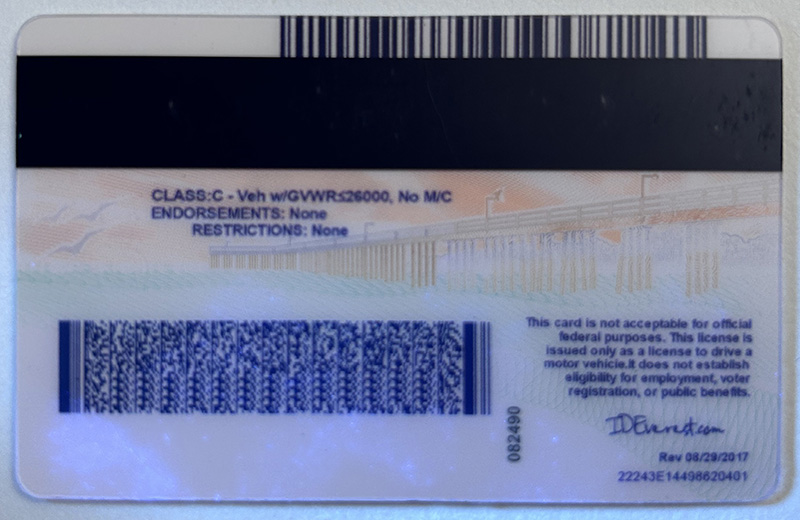
Consider the story of Mia and her friends, who met at a local bar where they used fake IDs. Their shared laughter, pranks, and several near misses created a bond that will last far beyond their college years. Friendships formed in these dynamic environments often become a source of support during critical life stages, allowing young people to lean on their peers for guidance and encouragement.
Conclusion
By focusing on the positive aspects of fake IDs, we can celebrate their role in facilitating social experiences, personal growth, and cultural conversations. From providing exciting opportunities for adventure to fostering community and connection, fake IDs play a unique role in youth culture.
Recognizing these aspects helps provide a more nuanced understanding of the role fake IDs play in young people’s lives. Ultimately, it’s about more than just a card; it’s about the experiences, connections, and lessons learned along the way. Fake IDs may be just one thread in a youth narrative, but they weave a story of adventure, growth, and community.
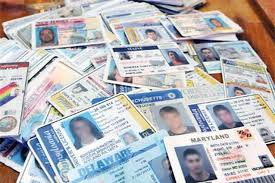 scannable Fake Missouri DL
scannable Fake Missouri DL
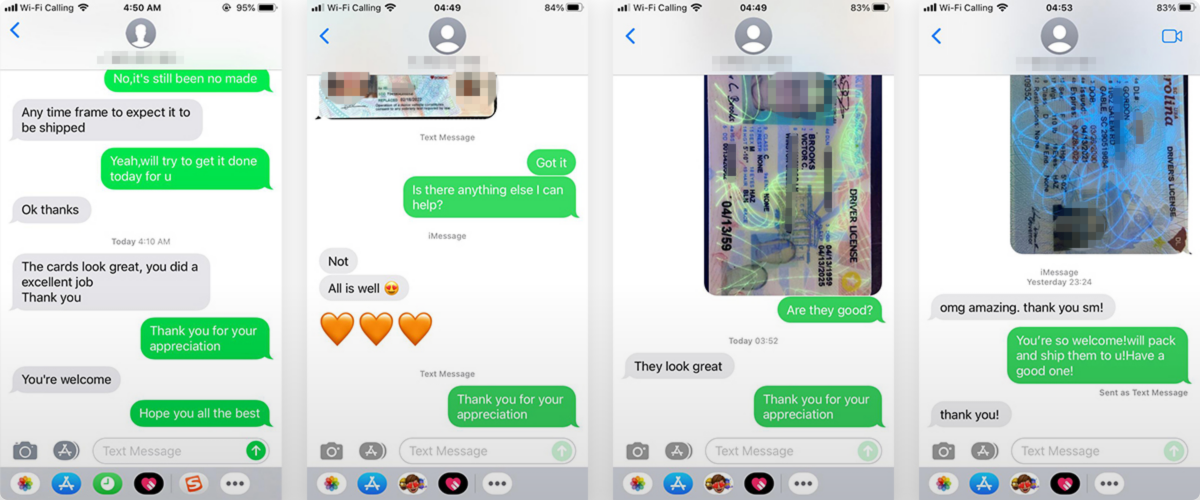 scannable Fake RhodeIsland DL
scannable Fake RhodeIsland DL
 scannable Fake Ohio DL
scannable Fake Ohio DL
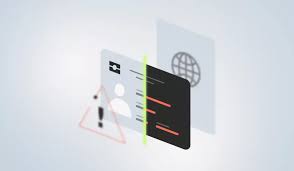 scannable Fake New York DL
scannable Fake New York DL